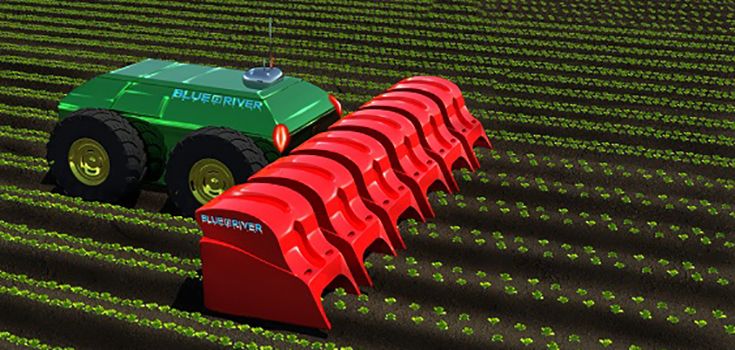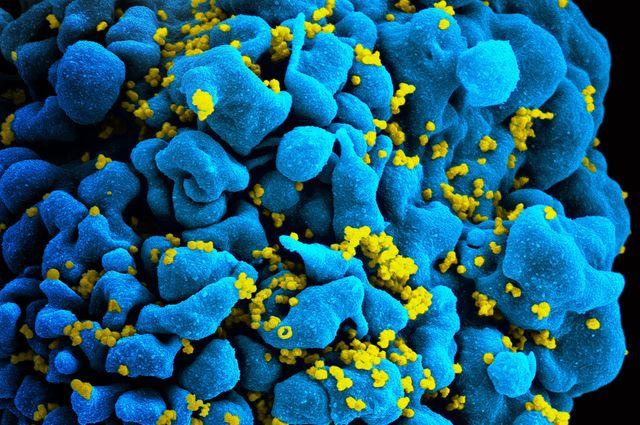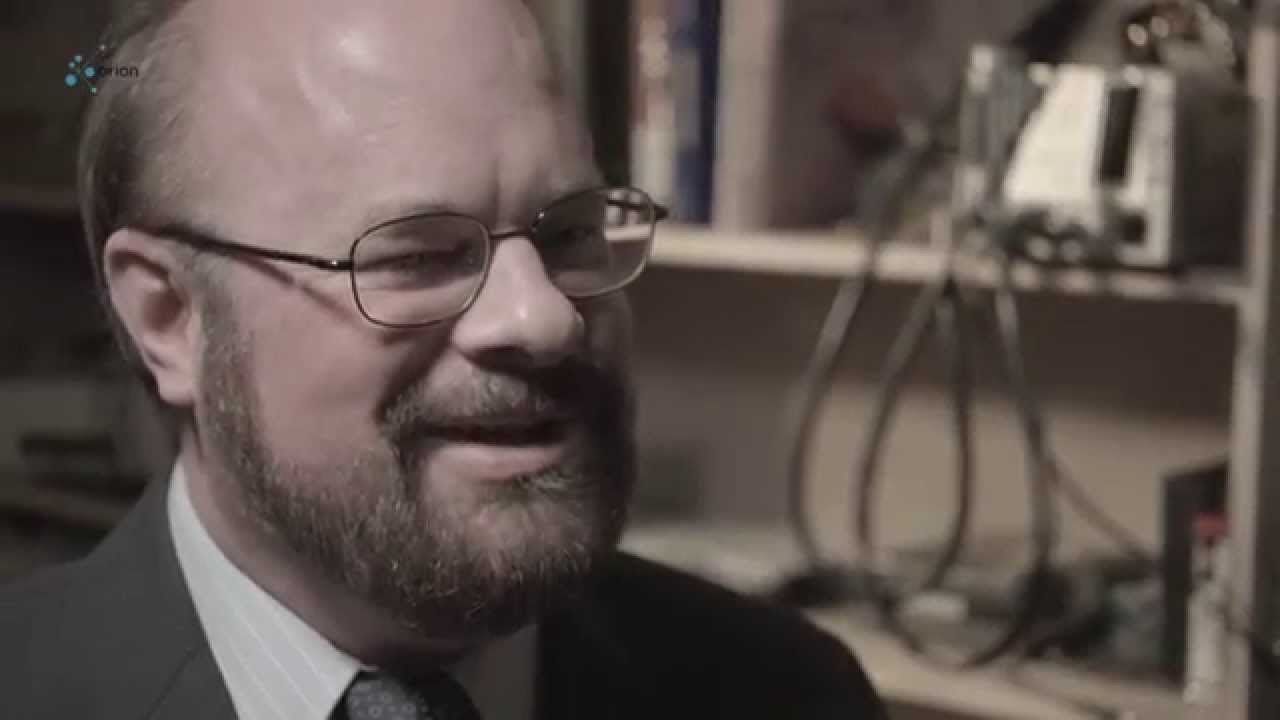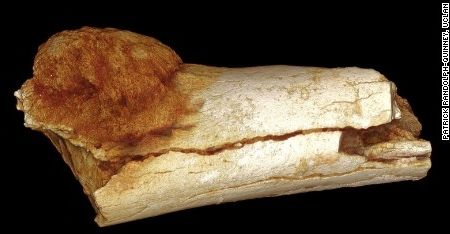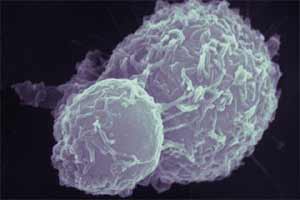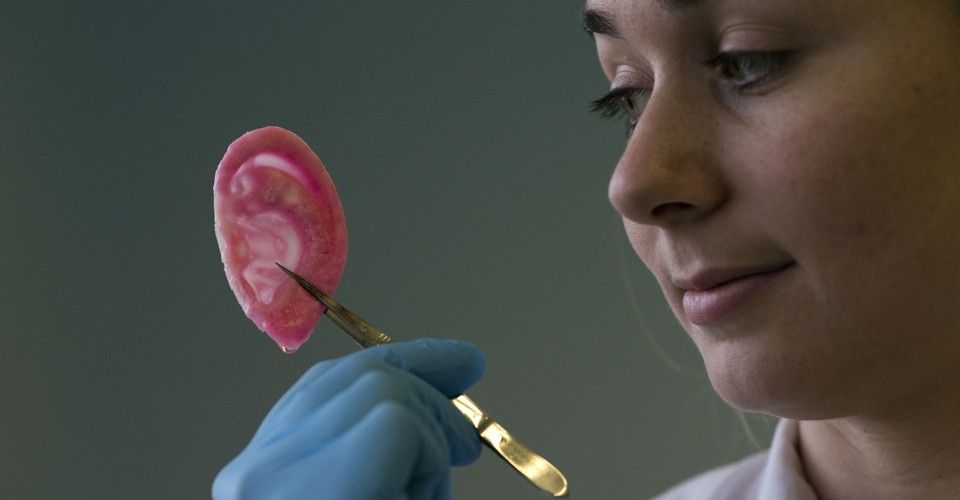
Beta rhythms, or waves of brain activity with an approximately 20 Hz frequency, accompany vital fundamental behaviors such as attention, sensation and motion and are associated with some disorders such as Parkinson’s disease. Scientists have debated how the spontaneous waves emerge, and they have not yet determined whether the waves are just a byproduct of activity, or play a causal role in brain functions. Now in a new paper led by Brown University neuroscientists, they have a specific new mechanistic explanation of beta waves to consider.
The new theory, presented in the Proceedings of the National Academy of Sciences, is the product of several lines of evidence: external brainwave readings from human subjects, sophisticated computational simulations and detailed electrical recordings from two mammalian model organisms.
“A first step to understanding beta’s causal role in behavior or pathology, and how to manipulate it for optimal function, is to understand where it comes from at the cellular and circuit level,” said corresponding author Stephanie Jones, research associate professor of neuroscience at Brown University. “Our study combined several techniques to address this question and proposed a novel mechanism for spontaneous neocortical beta. This discovery suggests several possible mechanisms through which beta may impact function.”
Read more
